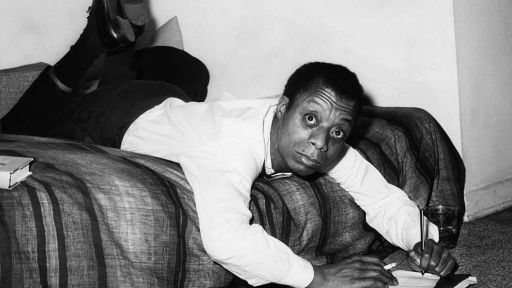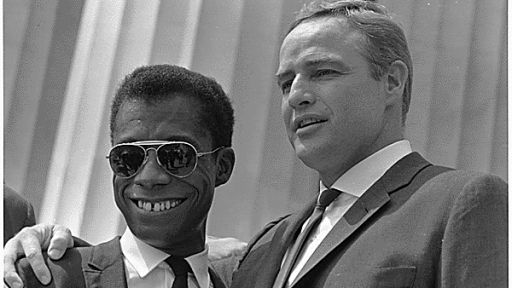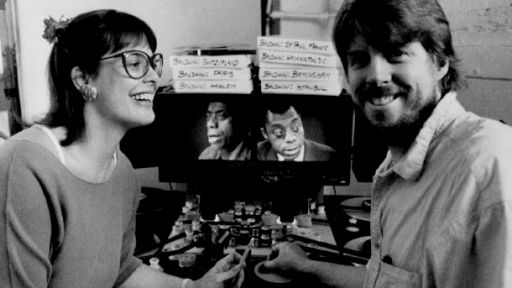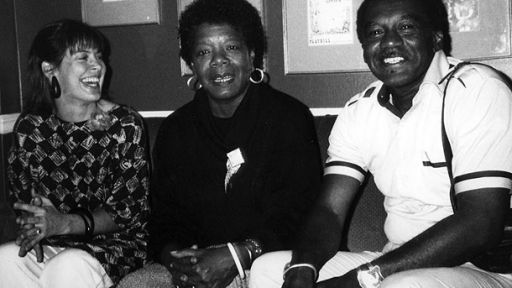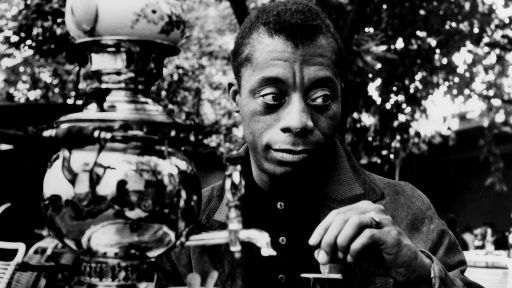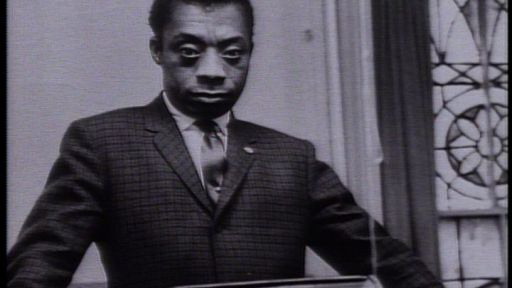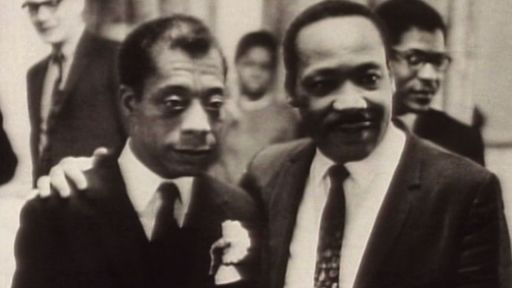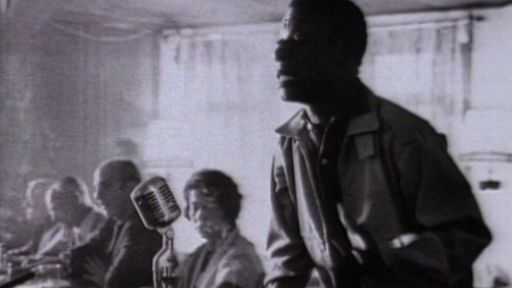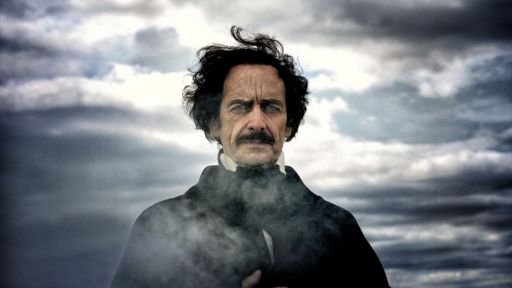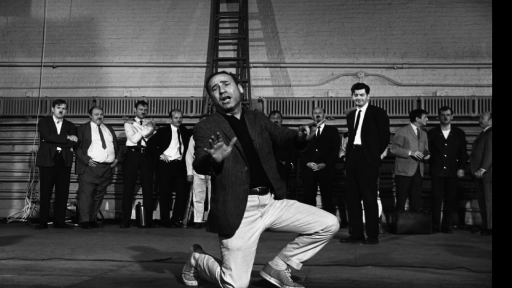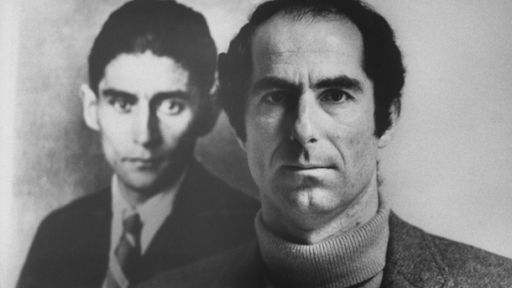Tribute to William “Bill” Miles (April 18, 1931 – May 12, 2013)
Producer, JAMES BALDWIN: THE PRICE OF THE TICKET (1989)
Award-winning filmmaker Bill Miles had a passion for history – and a genius for unearthing archival treasures. For over four decades, he turned his discoveries into historical documentaries dedicated to the African-American experience. The N.Y. Times called his films “triumphs of curiosity and persistence.”
Born in Harlem, New York, in 1931, Miles grew up on West 126th Street across from the performers’ entrance to the Apollo Theater. His mother ran a boarding house for out-of-town entertainers – and it was at the Apollo that Miles had his first introduction to film. As a kid, he befriended the projectionist; as a teenager, he occasionally ran the projector. After graduating from Benjamin Franklin High School, while attending City College, he found work as a shipping clerk for an educational film distributor. He then was hired by Killiam Shows, a company that restored silent films. It was at Killiam, while cutting up discarded footage into pieces of ‘filler,’ that he first spotted some African-American images … and began hunting for more.
Miles found most of his treasures in unlikely places. After joining a National Guard unit in Harlem, he discovered a cache of dust-covered relics belonging to the fabled 369th U.S. Infantry Regiment, a group of black American soldiers who, because of segregation in the U.S. Army, fought under the French flag in World War I. Also known as the “Harlem Hellfighters,” the men of the 369th fought alongside French, Moroccan and Senegalese soldiers, spending more time on the front-lines than any other American unit. The French government awarded them the esteemed Croix de Guerre – but their valor was close to forgotten when Miles began researching their past. It took him twelve years. During his search for footage and photos he tracked down living members of the 369th by walking the streets of Harlem, stopping to talk with elderly residents. Then, with the help of Richard Adams, a cameraman / editor who also worked at Killiam, Miles completed his first film: MEN OF BRONZE. A portrait of fiercely patriotic, courageous men, it is a moving – and surprisingly good-natured – critique of American racism. Following a 1977 premiere at the New York Film Festival, the film was broadcast repeatedly on PBS: the first in a long line of PBS documentaries by Bill Miles on African-American history.
-
- • Miles’ best-known work as Producer / Director – once again with the help of Dick Adams as Director of Photography and Editor – is the four-hour historical series, I REMEMBER HARLEM. Beginning in the 17th century, the film chronicles a changing Harlem: from segments on the borough’s early history and settlement to the Harlem Renaissance, the Great Depression, the Civil Rights Movement and political activism in the era of Malcolm X. It closes with the problems and redevelopment of the ’70s. In 1981, I REMEMBER HARLEM premiered on PBS over four consecutive nights – and in 1982, Miles received the prestigious Alfred I. DuPont – Columbia University Award.
• A three-part series, THE DIFFERENT DRUMMER: BLACKS IN THE MILITARY (1983) tells the history of African-American soldiers. Part I, “Unknown Soldiers,” covered 1765 to World War I; Part II, “The Troops,” covered World War II to Vietnam; Part III, “From Gold Bars to Silver Stars” tracked the black journey up the military ladder.
• The three-part series BLACK CHAMPIONS (1986) deals with African-American athletes and their role in the fight against discrimination – including the black athletes at the 1936 Berlin Olympics, Jackie Robinson’s integration of Major League Baseball, Althea Gibson’s achievements in tennis, and the careers of early black football stars.
• The feature-length documentary JAMES BALDWIN: THE PRICE OF THE TICKET (1989) is both an emotional portrait and a social critique, told without narration in Jimmy Baldwin’s own words. Co-produced by Miles with Producer/Director Karen Thorsen, BALDWIN debuted on the PBS series, American Masters – and has since been seen by millions all over the world.
• BLACK STARS IN ORBIT (1990) explores the lives of African-Americans in flight – from the Tuskegee Airmen of World War II to Astronauts in the space program … with a nod to Nichelle Nichols, who played Lieutenant Uhura in Star Trek.
• LIBERATORS: FIGHTING ON TWO FRONTS IN WORLD WAR II (1992) examines the liberation of Nazi concentration camps by black army units. Co-produced and directed by Miles and Nina Rosenblum, LIBERATORS premiered simultaneously on PBS and at the Apollo Theater, as a catalyst for dialogue about the city’s racial tensions. Nominated for an Academy Award, the film was later criticized for historical inaccuracies – but its theme of shared discrimination, courage and compassion still matters.
• THE BLACK WEST (1993) focuses on African Americans who went west in the late 19th century – ranging from escaped slaves, pioneers and a scout for Lewis and Clark to soldiers, outlaws and rodeo stars. The film was shown as an episode of the TBS series, The Untold West.
Over the course of his career, Miles won an Emmy Award, an Alfred I. Dupont – Columbia University Award, a Guggenheim Fellowship, a CEBA Award and an Academy Award nomination. In 1996, he was inducted into the Black Filmmaker’s Hall of Fame; he also received a Lifetime Achievement Award from the Association of Independent Video and Filmmakers (AIVF). Since 2006, the William Miles Collection has been housed in the Film & Media Archive at Washington University in St. Louis, Missouri. In 2012, a testimonial honoring Harlem filmmaker and historian William “Bill” Miles was entered in the Congressional Record.
On May 12th, 2013, Bill Miles died at age 82. He left behind his wife – the former Gloria Darlington, whom he first met in elementary school – as well as their two daughters, three grandchildren … and an outstanding contribution to our nation’s history.
[Written with love and admiration ~ Karen Thorsen, June, 2013]

